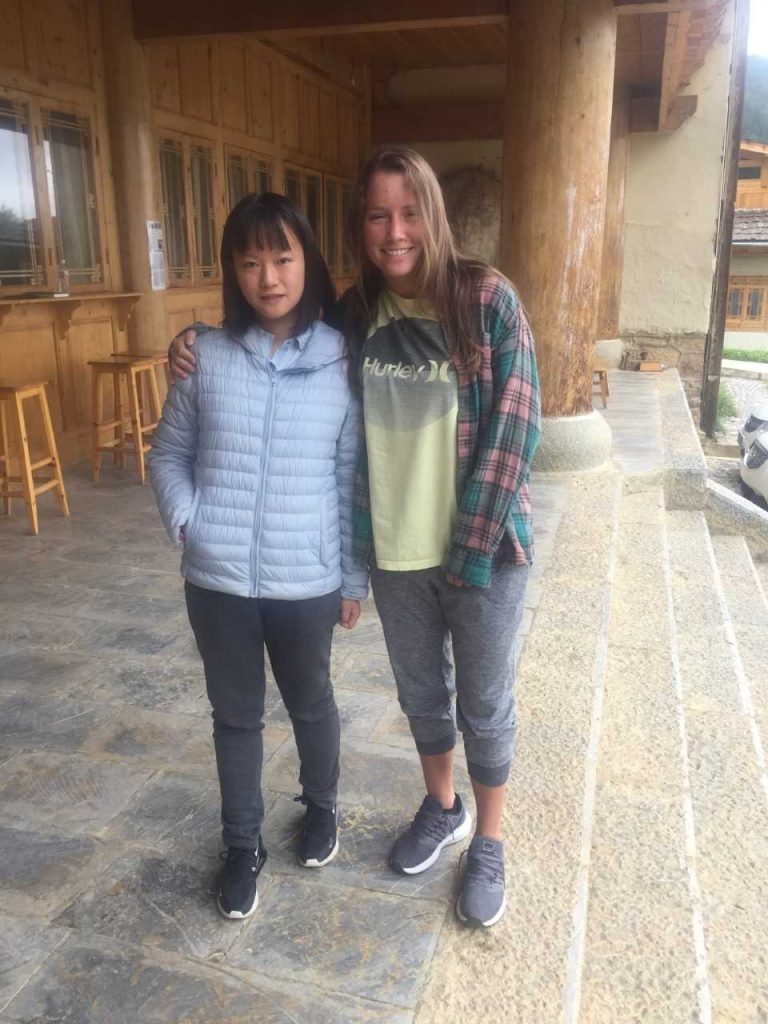
I departed from Norfolk International Airport on July 12th for my 42-hour journey to Yunnan Province, China. My mind was filled with thoughts of the previous week, sitting on the beach with my family in the Outer Banks. I couldn’t help but compare the perspectives of my beach chair last week and my cushioned plane seat this week. From my beach chair, the waves on shore were vivid and the horizon seemed like some unattainable place miles away. However, from my cushioned seat, the waves on shore were hard to make out and the sea looked peaceful. The waves methodically rolled to shore. I am now looking down on parts of the sea that can only be imagined from my beach chair. Coming across perspective shifts like the example above are essential to seeing one thing from multiple lenses.
I’ve experienced a similar perspective shift since living at the CERS Center in Yunnan Province, China. There are nine student-athletes at CERS running a combined English and sports camp, two translators, and the staff that keeps this beautiful site running. I had many conversations with my new friend, Judy, throughout the first week, mostly because she is one of a few that speaks English and she is easily approachable. Judy is a high school student from Beijing, but is at CERS for the coming weeks to help run our sports camp. Although our hometowns are vastly different, Judy and I have connected on multiple topics of conversation, while also seeing some differences in our cultures.
Judy and I mostly discuss education systems and social media. She explained to me that in China, one has to take six subjects until sophomore year of high school: physics, chemistry, biology, geography, history, and politics. Then, in the eleventh grade, one chooses only three subjects to focus on. I think this system is interesting because it allows one to dive deep into their own interests after the eleventh grade by choosing their favorite three subjects. Judy also began learning another language (English) at 5 years of age which is a skill I would have loved to acquire as a child.
After Judy and I became friends on WeChat and Instagram, she described the limitations of the Instagram application. Judy goes on Instagram for only fifteen minutes per day but uses WeChat as a replacement. In the States, teenagers our age mostly use Instagram and Snapchat. WeChat has a newsfeed like Instagram but one can also get food delivered, order plane and train tickets, and even online shop. Although social media is different for both of us, we both enjoy watching Modern Family and Big Bang Theory on television. I usually watch this with my family every afternoon and Judy streams episodes on YouTube. Although Judy and I come from opposite sides of the world, I have enjoyed learning about the educational system and social media from her perspective.
